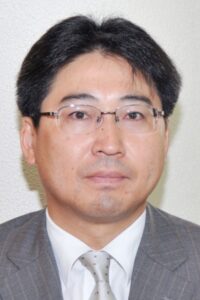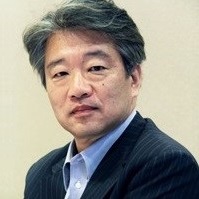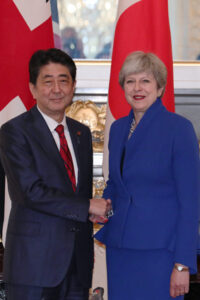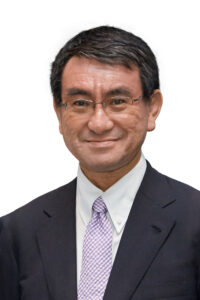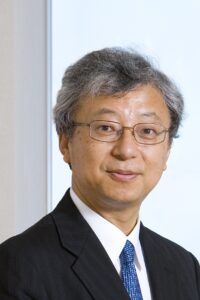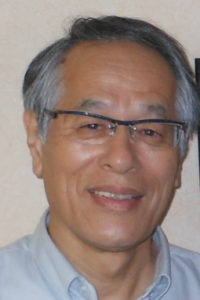
In today’s report, I will speak about not regarding the growth of China as the growth of just a country, but about regarding China as an East Asian emerging economy in the global economy, and about how China’s One Belt One Road Initiative is viewed from that perspective and what issues it entails. I will present my arguments with a focus on three main points. Firstly, I will think about Asian regional integration in the global economy and the mechanisms of its growth in reference to China. Next, I will consider the concepts behind the One Belt One Road Initiative and its relationship with the related countries. Lastly, I will think about the issues facing neighboring countries. This last part appears to lack freshness, but please allow me to mention it. The growth and regional integration of the East Asian economic bloc First ... ... [Read more]

